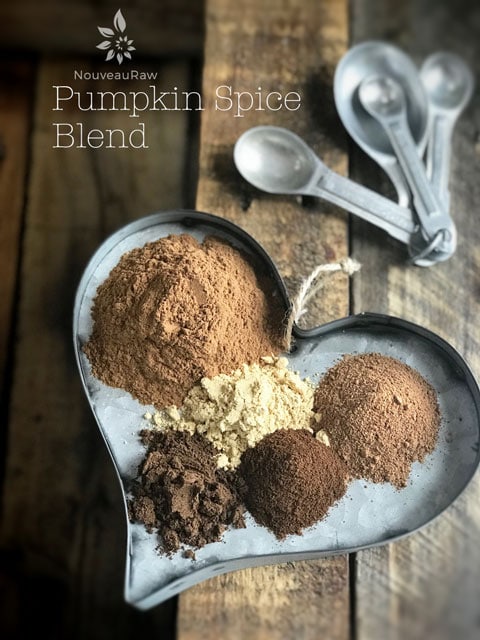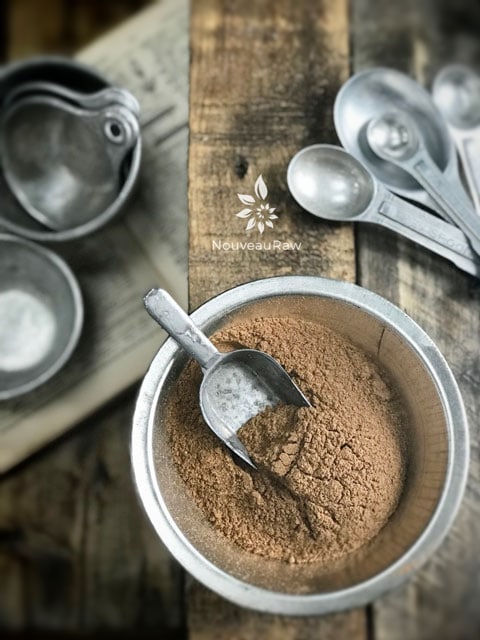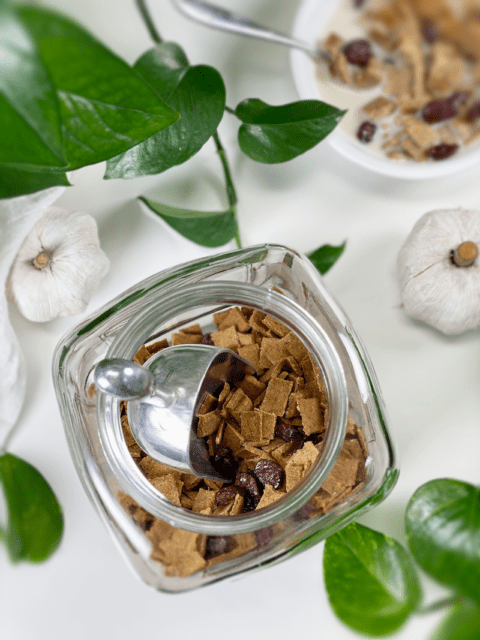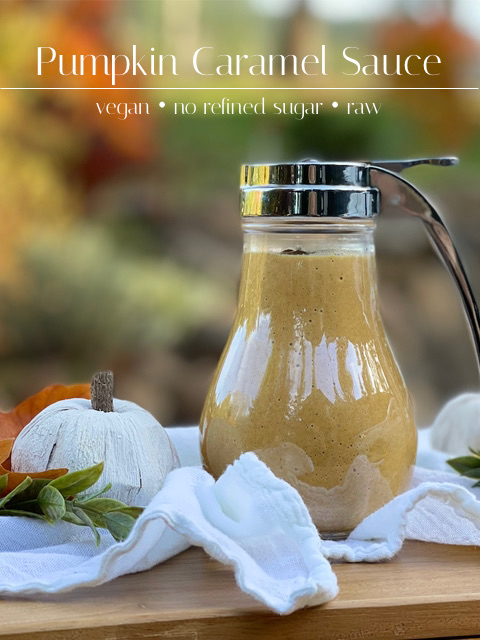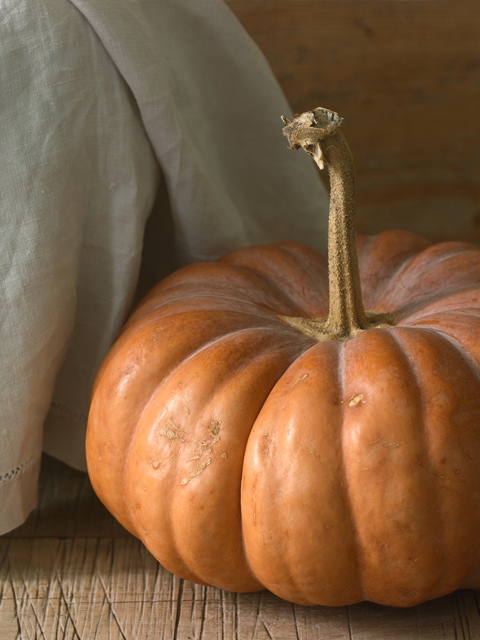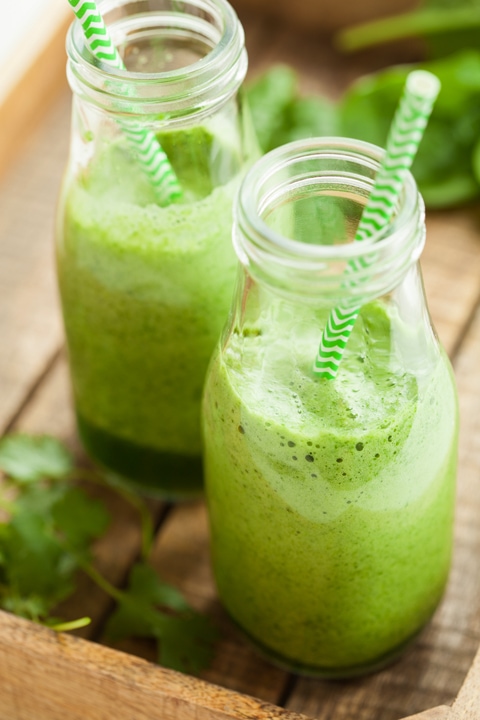Cinnamon:
- It can help lower cholesterol.
- The different antioxidants present in cinnamon help to reduce a multitude of symptoms and diseases because they are free-radical-scavengers.
- Cinnamon has been used as an anti-inflammatory.
- Cinnamon is a coagulant and prevents bleeding.
- Can even help manage blood sugar levels.
- Cinnamon also increases the blood circulation in the uterus and advances tissue regeneration.
- (source)
- Ginger is a natural remedy for nausea and other forms of upset stomachs.
- It can also be used to help improve the absorption of essential nutrients in the body.
- Ginger is also often used as an anti-inflammatory agent.
- Ginger can actually help the stomach release its contents into the small intestines in people with dyspepsia — a condition in which 40 percent of patients suffer from abnormally delayed gastric emptying. This is one reason why ginger helps people who are bloated, constipated, and have other gastrointestinal disorders. It relaxes the smooth muscle in your gut lining and helps food move along throughout the system. (source)
Nutmeg:
- Nutmeg is a great herb to use if you suffer from sleep issues, such as insomnia, as it has been shown to promote better sleep.
- Nutmeg can also help with digestion.
- Did you know that nutmeg grows on an evergreen tree? When the fruit of a nutmeg tree ripens, it splits in half, revealing a bright red, netlike structure wrapped around a dark, brittle shell. Inside the shell is the nutmeg seed. The seeds are removed from the fruit and dried in the sun for herbal remedies. (source)
- In traditional Chinese medicine, nutmeg is associated with the Spleen, Stomach, and Large Intestine meridians, and has pungent and warm properties. Its functions are to warm the spleen and stomach, promote the circulation of qi, and stop diarrhea.
Allspice:
- It is often used to treat and prevent growing infection.
- The active principles in the allspice may increase the motility of the gastrointestinal tract. They also aid in digestion by facilitating enzyme secretions inside the stomach and intestines.
- It can also help relieve colds, chills, bronchitis, and even depression due to its antioxidant properties. In certain cases, allspice can act as a mild pain reliever.
- Allspice has a pungent edge that plays very nicely with pumpkin.
- This spice is a dried “unripe” fruit obtained from an evergreen tropical shrub belonging to the Myrtle (Myrtaceae) family.
- Unripe green berries picked up from the tree when they reach full size. They are then thoroughly subjected to dry under sunlight. Thus shriveled berries appear similar to that of brown peppercorns, and measure about 6 mm in diameter. Unlike peppercorns which have only one centrally placed seed, allspice contains two seeds. Ground allspice features a sharp spicy bite and aroma that closely resemble a mixture of black pepper, nutmeg, cloves, and cinnamon. (source)


